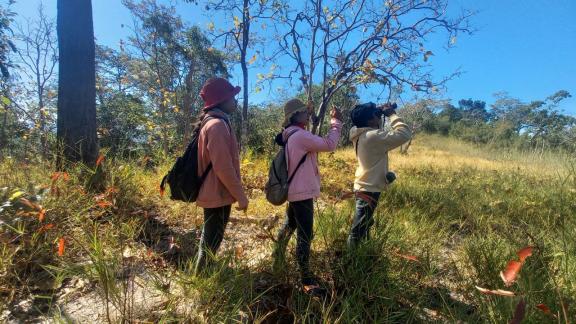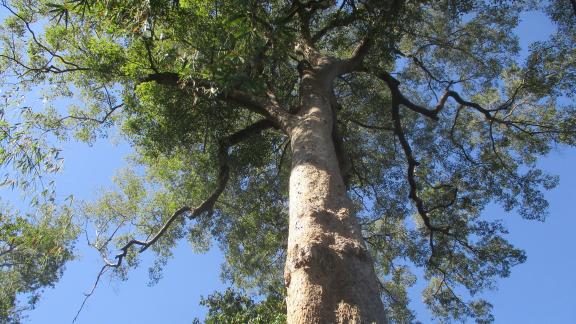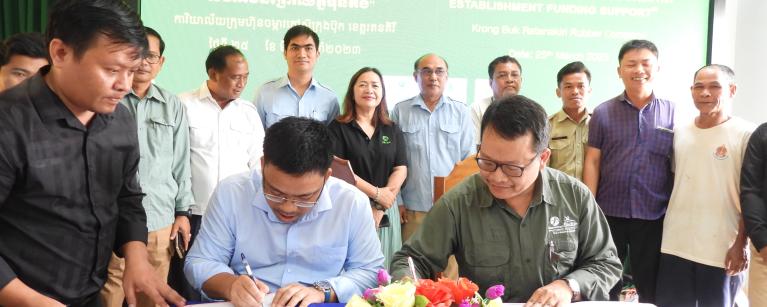Indigenous people in Cambodia in Phnom Torntang Forest wake up to the sound of nature, with their ears tuned to the calls of birds, mammals, and insects. These natural sound can soothe them to sleep or gently wake them up.
However, in 2013, their peaceful mornings were shattered by the noise of chainsaws and heavy machinery. Residents of Kanat and Chan villagers watched helplessly as their forests and livelihoods were destroyed. For years, their pleas went unheard because legally, they were not recognized as landowners, forcing them to share their forests with outsiders.
This situation reflects a broader trend in Cambodia that begin in 2000s, when rubber plantations surged due to economic land concessions (ELCs) granted to local and foreign investors. Rubber became Cambodia’s leading agricultural export, with plantations now covering over 400,000 hectares. While this boom has generated profit, it has also threatened the livelihood of local and indigenous communities, leading to significant social and environmental issues.
In Kanat village, over 80 families lost their plantations during land clearing. They had relied on the land for generations, practicing shifting cultivation and harvesting various crops and resin. Despite their customary use rights, these rights are increasingly endangered by illegal hunting, land encroachment, and logging, especially since the Rubber Company’s arrival, which has made the forest more accessible to those with harmful intension.
Oxfam partner NatureLife Cambodia has collaborated with a rubber company and the indigenous communities of Chan and Kanat village to establish a communication platform, promoting dialogue and understanding. This initiative has allowed both parties to address misunderstandings and work together on local issues, a rare engagement for the private sector.
In August 2022, this partnership led to the creation of the Phnom Torntang Community Forest (PTCF), supported by the company as part of it social and environmental responsibility. This project stands out as many companies have not yet contributed to biodiversity management or local livelihoods.
The Phnom Torntang Forest, home to endangered species like the sun bear, green peafowl, and great hornbill, is vital to NatureLife Cambodia’s mission.
“We want to help the indigenous community save the remaining forest before it is too late,” said Bou Vorsak, CEO of NatureLife Cambodia. “The local community relies on the forest for their daily livelihood, and without support, it risks destruction or conversion to other uses.”
Vorsak emphasizes the need for alternative livelihood options, such as education and skill training, to provide villagers with sustainable support. “These alternatives should improve upon reliance solely on the forest. Ultimately, as the community grows stronger strengthens, the company should contribute to their development, not just profit from them,” he added.

Women patrol team of Phnom Torntang Community Forest. Photo: Naturelife Cambodia

Phnom Torntang Forest is home to endangered species like the sun bear, green peafowl great hornbill and several other species.
Photo: Naturelife Cambodia
